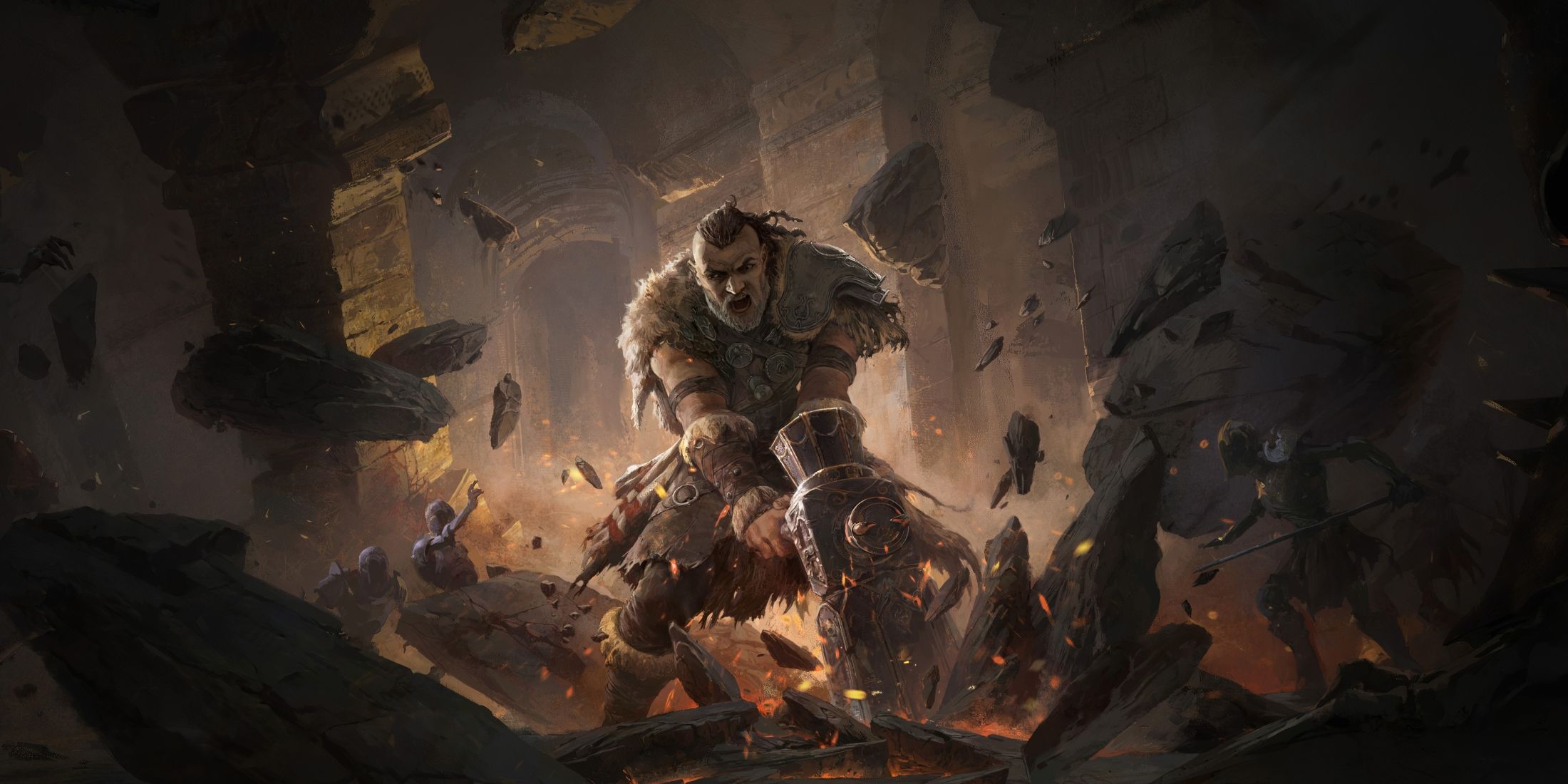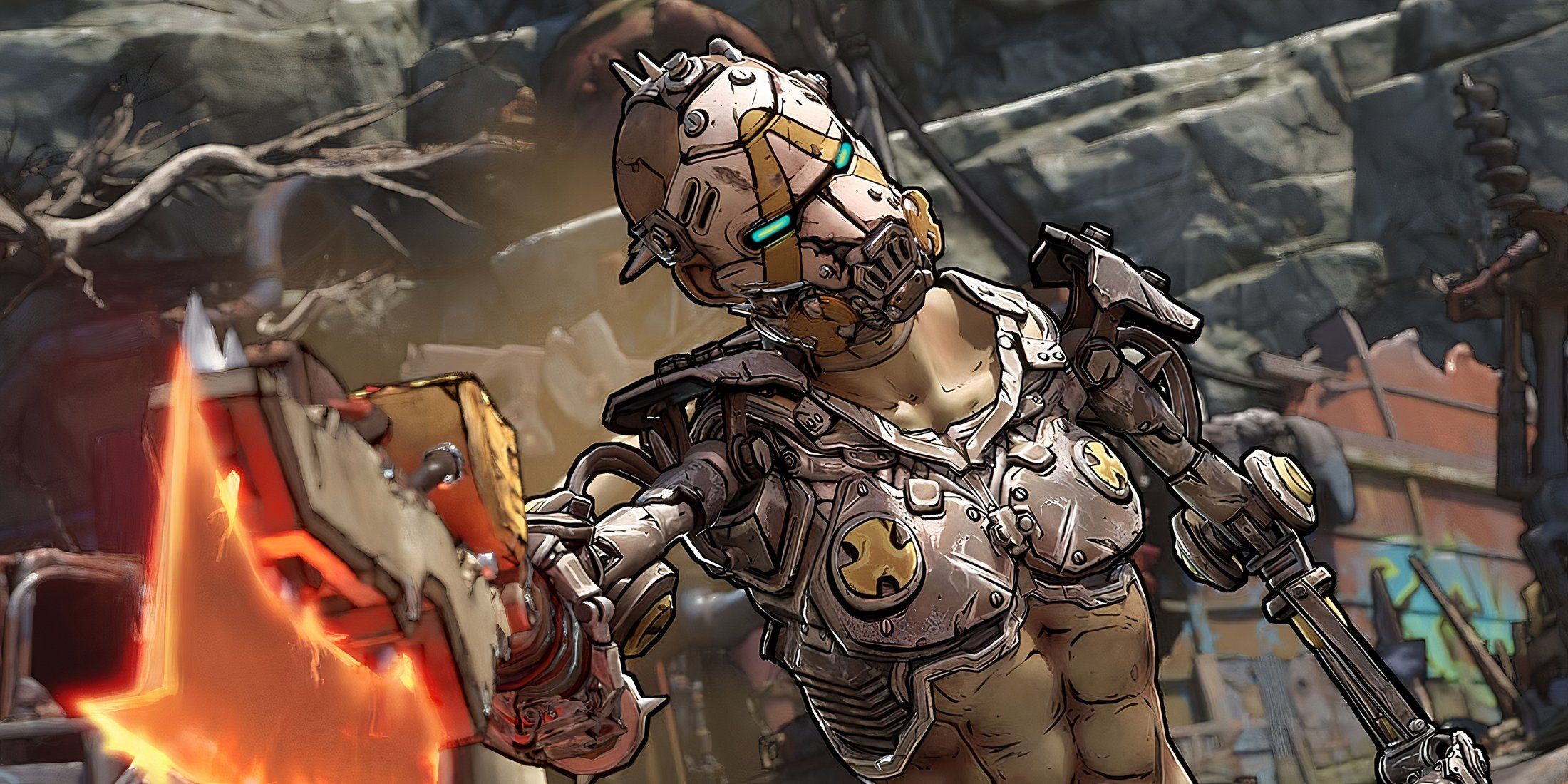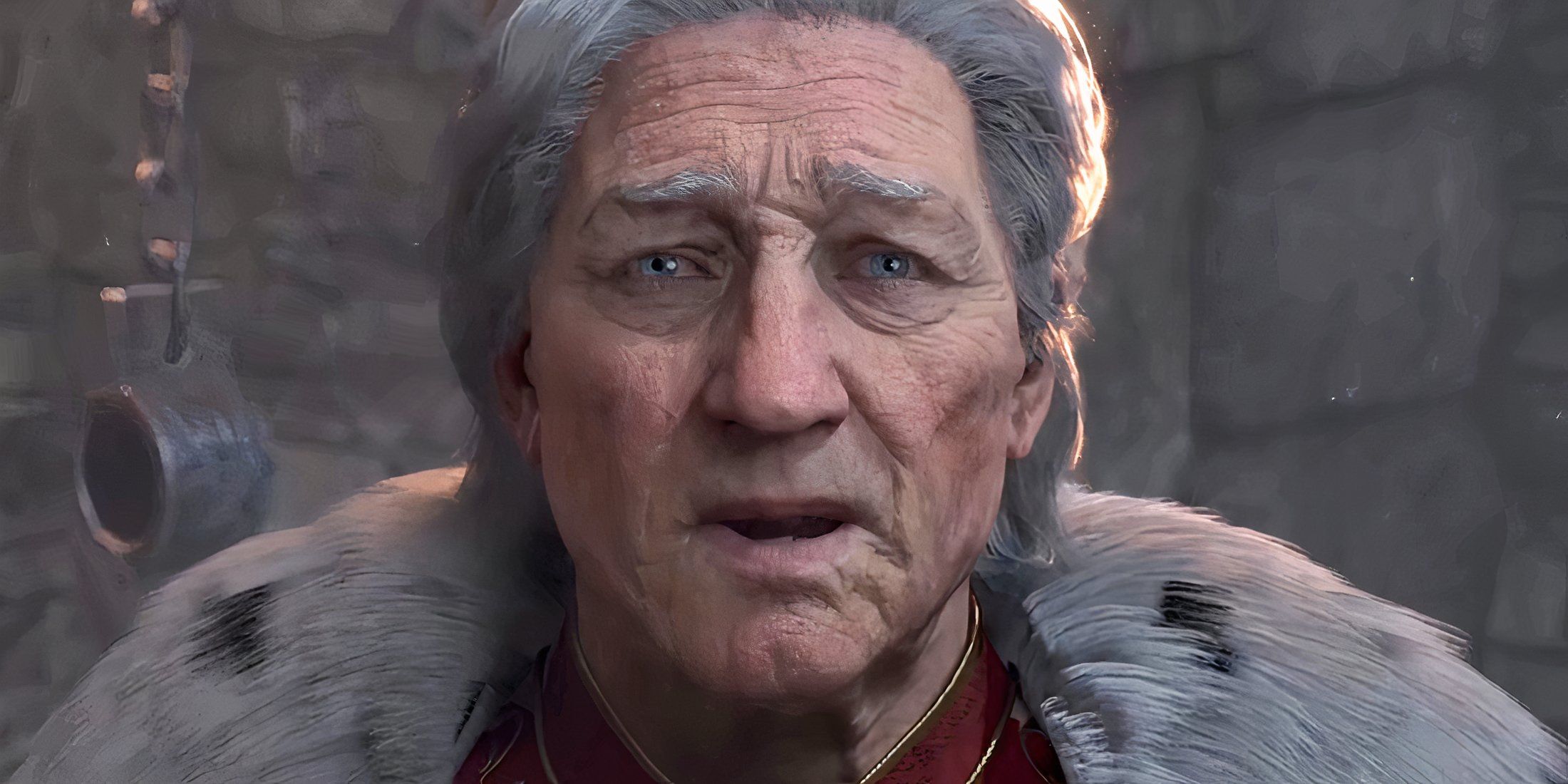
One of my most vital videogame memories is actually a travel story. In the early days of the wildly popular Final Fantasy XI, I was a highly active player. I wasn't a very good player—I never levelled up very high, I never quite got into the party dynamics, and I had a bad habit of jumping around accounts and classes before ever really mastering anything. I didn't play the game "correctly." But I loved it.
Yet the best time I ever had in the game was when I decided, largely on a whim, to move to another city. Being a massively multiplayer online game, Final Fantasy XI began every player in one of three big hub cities where they could encounter other players and kill low-level creatures in order to learn the ropes. The game assigned each player a city based their characters' race and backstory, and while they were all basically the same in terms of what they offered, they varied widely in architecture and mood. I was bored of mine, and I wanted to go to another. So I did.
Related Stories
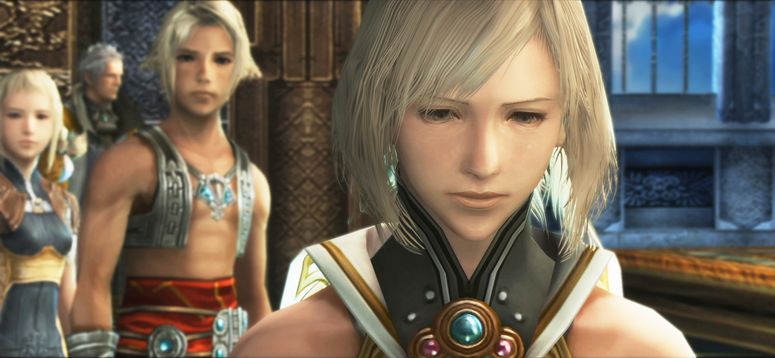 gamingControversial Final Fantasy XII Finally Gets a Second ChanceJulie Muncy
gamingControversial Final Fantasy XII Finally Gets a Second ChanceJulie Muncy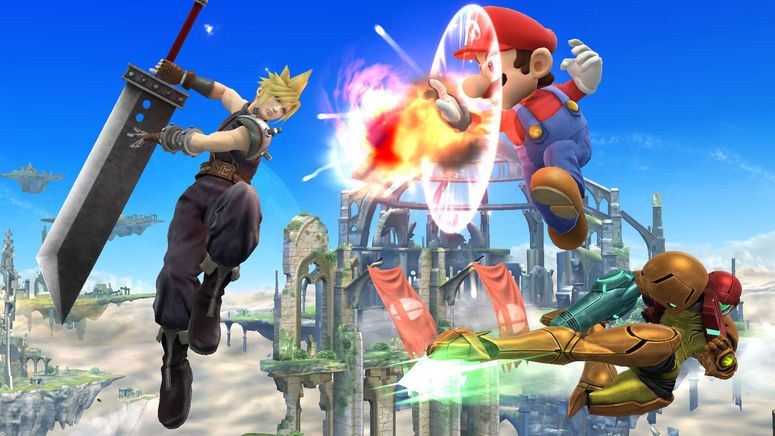 GamingCloud From Final Fantasy VII Joins Smash Bros.Chris Kohler
GamingCloud From Final Fantasy VII Joins Smash Bros.Chris Kohler gamingAssassin's Creed Origins Is a Well-Worn Ode to JumpingJulie Muncy
gamingAssassin's Creed Origins Is a Well-Worn Ode to JumpingJulie MuncyThis required moving across the entire game world. A friend of mine and I spent a day doing it, hitching an airship flight and running across several game zones we were too weak to properly fight through, operating largely on luck and enthusiasm. It was digital tourism, and it was awe-inspiring and thrilling. As a kid, I never travelled much. I didn't get to see many new places. Games helped fill that need.
This is what drew me to videogames—the way that they could become actual, exciting places to explore and live inside. My interest in games even now is often cartographic; I want to understand and map these digital worlds. And that's why the recent bugbear in the gaming world, the idea of "games as service," makes me anxious.
If you don't follow gaming, what you need to know about "games as service" is that it's the trendy thing to hate right now. It refers, broadly, to a set of ideas and practices publishers are using to offer players ongoing, small transactions to modify or continue their experience (the "service" is that you get to buy stuff). These include, but are not limited to, the following: microtransactions for costumes, weapons, or power-ups; small infusions of new content to slowly increase the scope and complexity of games; "loot boxes" full of randomized in-game rewards, buyable in cash. Everywhere, game corporations are using these add-ons to maximize profit and keep players involved in individual games for as long as possible.
In a way, the controversy feels overblown. It is, after all, game companies doing what they have always done and always will do—try to make money. So long as capitalism and corporate culture exist, so will concepts like "games as service." But that doesn't mean the trend isn't a symptom of a much deeper problem. While games like Blizzard's Hearthstone—basically a digitized form of collectible card games like Magic: The Gathering—work well in that model, others are in a position to leave one valuable service behind: world-building. With so many games focused on offering up trinkets, their designers could easily lose sight of building places where people want to buy and use them.


